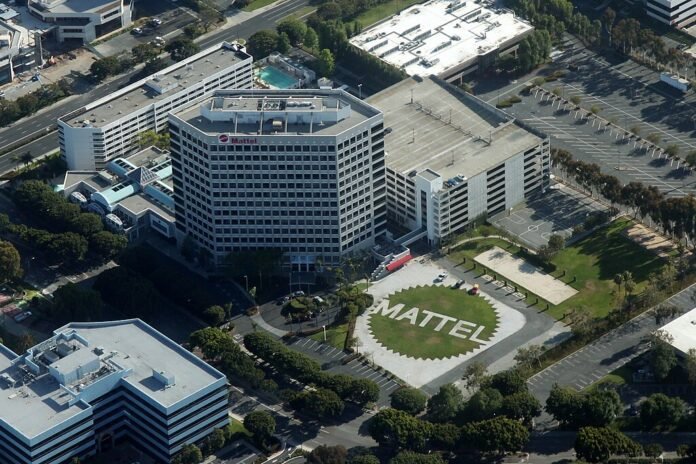Despite upbeat early-year results, Toymaker blames US import tariffs for pulling the 2025 sales forecast.
Mattel Inc. has withdrawn its 2025 forecast for a long-awaited return to growth, pointing the finger squarely at President Donald Trump’s revived plans to slap tariffs on imported toys. The shock announcement came just hours after the company reported stronger-than-expected first-quarter earnings, driven by resilient demand for Barbie, Hot Wheels, and other top brands.
The toy giant had confidently predicted in February that annual revenue would climb by up to 3% in 2025, ending a grim three-year stretch of stagnant or declining sales. A modest rise in earnings was also on the cards. But now, those ambitions have been shelved indefinitely.
“The uncertain impact of proposed tariffs has made it impossible to stand by our previous forecast,” a company spokesperson said, underscoring growing fears within the consumer goods sector about how escalating trade measures could rattle supply chains and raise prices.
Mattel sources the majority of its toys from factories in Asia, particularly China. Any broad-based import duties would increase manufacturing costs and potentially drive up retail prices—risks the company is unwilling to gamble on as the global economy teeters under election-year volatility.
President Trump, eyeing another term in office, has floated plans for sweeping new tariffs across a wide range of imported goods, including toys, as part of his latest America First trade push. While full details remain unclear, industry analysts warn that toy retailers—heavily reliant on foreign production—would be among the hardest hit.
Mattel’s decision to pull guidance sent ripples through the market, though its better-than-expected Q1 results offered a brief silver lining. Revenue rose slightly, beating analyst projections, thanks to robust demand during early-year promotions and stronger-than-usual shelf space in key retailers.
Despite those gains, the sudden reversal on its full-year outlook raised eyebrows across Wall Street. Investors had hoped the toymaker was finally turning a corner after pandemic-era disruptions, inflationary pressures, and waning brand momentum.
Barbie, still riding the wave from 2023’s blockbuster movie, remains one of Mattel’s core revenue drivers. Hot Wheels and Fisher-Price also continue to perform solidly, but executives warn that trade friction and cost inflation may erode those gains if not addressed.
Mattel’s leadership now faces a tough balancing act: shielding the company from geopolitical uncertainty while maintaining consumer trust and product affordability. With the holiday season looming, many retailers may be forced to reconsider their toy inventories and pricing strategies.
Other major players in the toy industry are watching nervously. Any tariffs affecting Mattel would likely hit rivals like Hasbro and LEGO in similar ways, potentially disrupting seasonal demand and prompting a broader market slowdown.
As the White House pushes forward with its tariff agenda, businesses like Mattel must adapt quickly or risk being caught in the political crossfire. For now, the only certainty is uncertainty—especially for one of America’s most iconic toy companies
